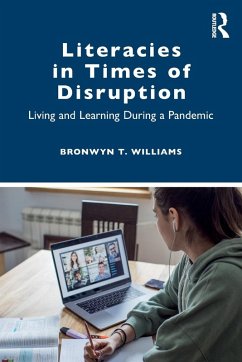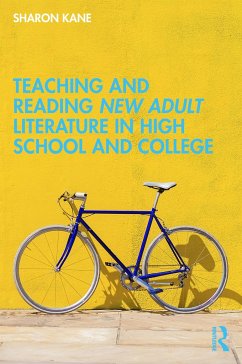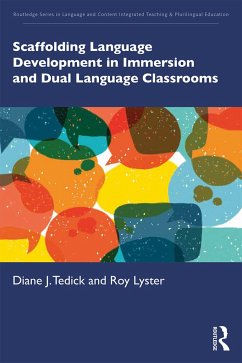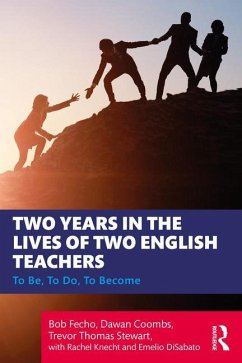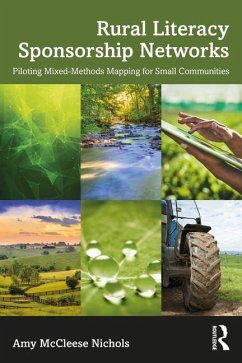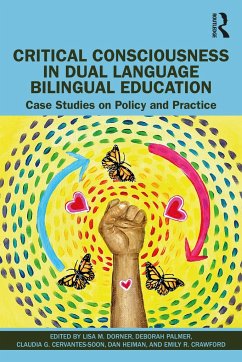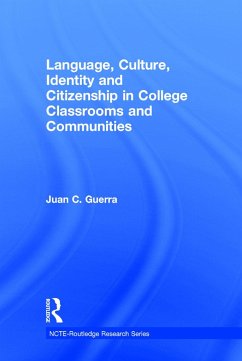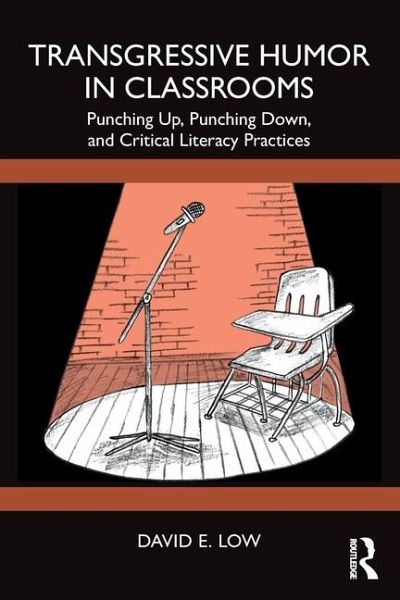
Transgressive Humor in Classrooms
Punching Up, Punching Down, and Critical Literacy Practices
Versandkostenfrei!
Versandfertig in 6-10 Tagen
45,99 €
inkl. MwSt.
Weitere Ausgaben:

PAYBACK Punkte
23 °P sammeln!
In this innovative book, David E. Low examines the multifaceted role of humor in critical literacy studies. Talking about how teachers and students negotiate understandings of humor and social critique vis-à-vis school-based critical literacy curriculums, the book co-examines teachers' and students' understandings of humor and critique in schools.Critical literacy centers discussions on power and social roles but often overlooks how students use transgressive humor as a means to interrogate power. Through examples of classroom interactions and anecdotes, Low analyzes the role of humor in clas...
In this innovative book, David E. Low examines the multifaceted role of humor in critical literacy studies. Talking about how teachers and students negotiate understandings of humor and social critique vis-à-vis school-based critical literacy curriculums, the book co-examines teachers' and students' understandings of humor and critique in schools.
Critical literacy centers discussions on power and social roles but often overlooks how students use transgressive humor as a means to interrogate power. Through examples of classroom interactions and anecdotes, Low analyzes the role of humor in classroom settings to uncover how humor interplays with critical inquiry, sensemaking, and nonsense-making. Articulated across the fields of literacy studies and humor studies, the book uses ethnographic data from three Central California high schools to establish linkages and dissonances between critical literacy education and adolescents' joking practices. Adopting the dialectic of punching up and punching down as a conceptual framework, the book argues that developing more nuanced understandings of transgressive humor presents educators with opportunities to cultivate deeper critical literacy pedagogies and that doing so is a matter of social justice.
Essential for scholars and students in literacy education, this book adds to the scholarship on critical literacy by exploring the subversive power of humor in the classroom.
Critical literacy centers discussions on power and social roles but often overlooks how students use transgressive humor as a means to interrogate power. Through examples of classroom interactions and anecdotes, Low analyzes the role of humor in classroom settings to uncover how humor interplays with critical inquiry, sensemaking, and nonsense-making. Articulated across the fields of literacy studies and humor studies, the book uses ethnographic data from three Central California high schools to establish linkages and dissonances between critical literacy education and adolescents' joking practices. Adopting the dialectic of punching up and punching down as a conceptual framework, the book argues that developing more nuanced understandings of transgressive humor presents educators with opportunities to cultivate deeper critical literacy pedagogies and that doing so is a matter of social justice.
Essential for scholars and students in literacy education, this book adds to the scholarship on critical literacy by exploring the subversive power of humor in the classroom.





